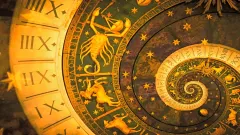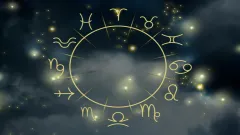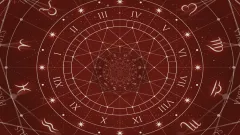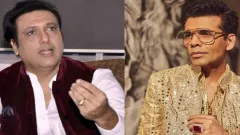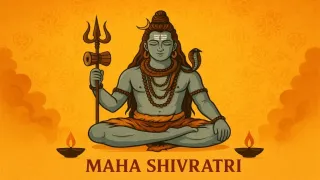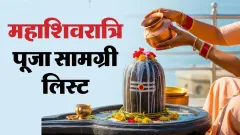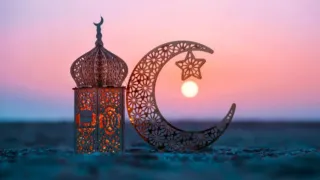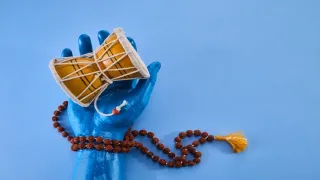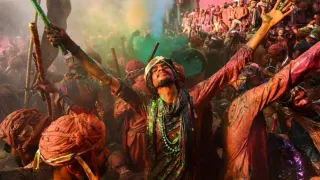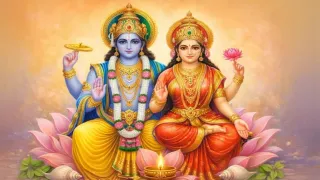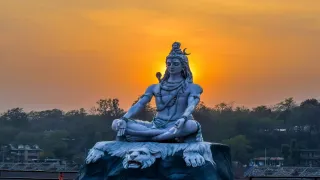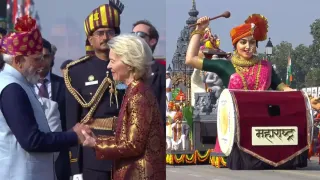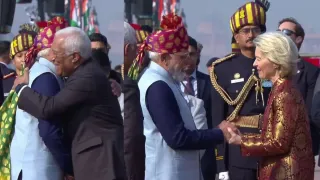Diwali, or Deepawali, is the festival of lights and one of the most widely celebrated Hindu festivals. Occurring on the darkest night of the year, Diwali symbolizes the triumph of light over darkness and good over evil. Legend has it that Diwali marks the return of Lord Ram, the seventh avatar of Vishnu, to Ayodhya after 14 years of exile. His subjects celebrated his return by lighting up their homes with diyas, creating a spectacular display of light. Today, families decorate their homes with lamps and candles to replicate this ancient celebration.
In most parts of India, Diwali is marked by the worship of Goddess Lakshmi, the deity of wealth and prosperity, alongside Lord Ganesha, the remover of obstacles. Together, they represent success, fortune, and overall well-being. However, the way this festival is celebrated differs across India’s diverse regions, with unique practices that add richness to the celebration. In West Bengal, Assam, and Odisha, for instance, Diwali is marked by the worship of Goddess Kali instead of Lakshmi.
Worshipping Goddess Kali on Diwali

Image Source: Twitter
In West Bengal, Kali Puja is the second most significant festival after Durga Puja. While most of India focuses on Lakshmi worship, Bengalis offer prayers to Goddess Kali during Diwali. Kali is a fierce form of Durga and represents the destruction of evil and the empowerment of righteousness.
According to Hindu mythology, Kali emerged to defeat the demon Raktabija, who had the terrifying ability to regenerate with every drop of his blood that touched the earth. To stop this replication, Kali consumed all his blood, finally destroying him. This fierce representation of the goddess is believed to offer protection from all evils.
The tradition of Kali Puja became prominent in Bengal in the 16th century, when a sage named Krishnananda Agamavagisha had a vision instructing him to worship Kali in this form. In the 19th century, the great spiritual leader Shri Ramakrishna Paramahansa, a devout follower of Kali, further popularized her worship. Since then, Kali Puja has become an integral part of Diwali celebrations in the eastern parts of India.
On the night of Diwali, which coincides with the darkest night of the year, Bengalis pray to Kali, seeking her blessings to vanquish inner and outer demons. The goddess is depicted in her most fearsome form, standing over her consort, Lord Shiva, symbolizing the subjugation of ego and evil.
When Is Lakshmi Puja in Bengal?

Image Source: Twitter
In contrast to the rest of India, where Lakshmi is worshipped on Diwali night, Bengalis celebrate Lakshmi Puja on Sharad Purnima, five days after Vijayadashami. This day is dedicated to Kojagori Lokkhi Pujo, held during the brightest full moon night of the lunar month. Devotees seek blessings for wealth, peace, and prosperity. In this way, the region marks a separation between Diwali, a time for Kali worship, and Sharad Purnima, a day dedicated to Lakshmi.
Also Read: Karwa Chauth 2024: Stylish Festive Looks From Bollywood Top Divas





